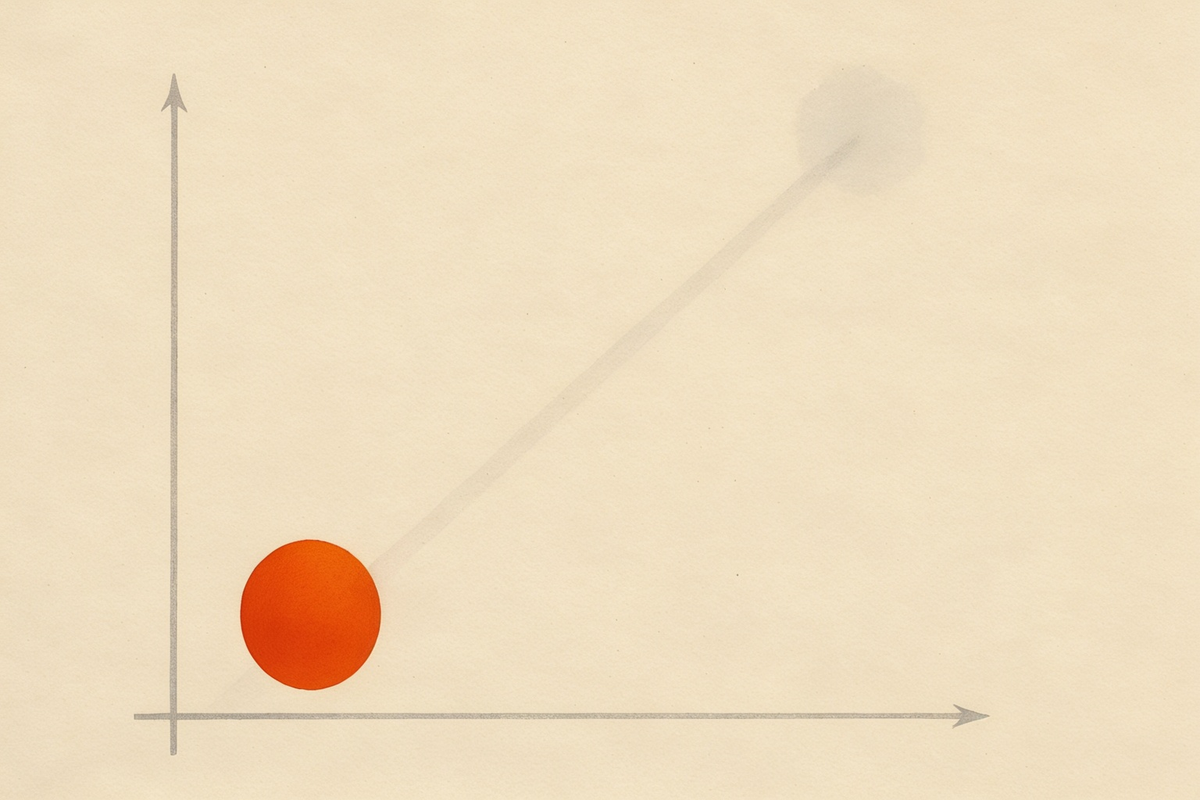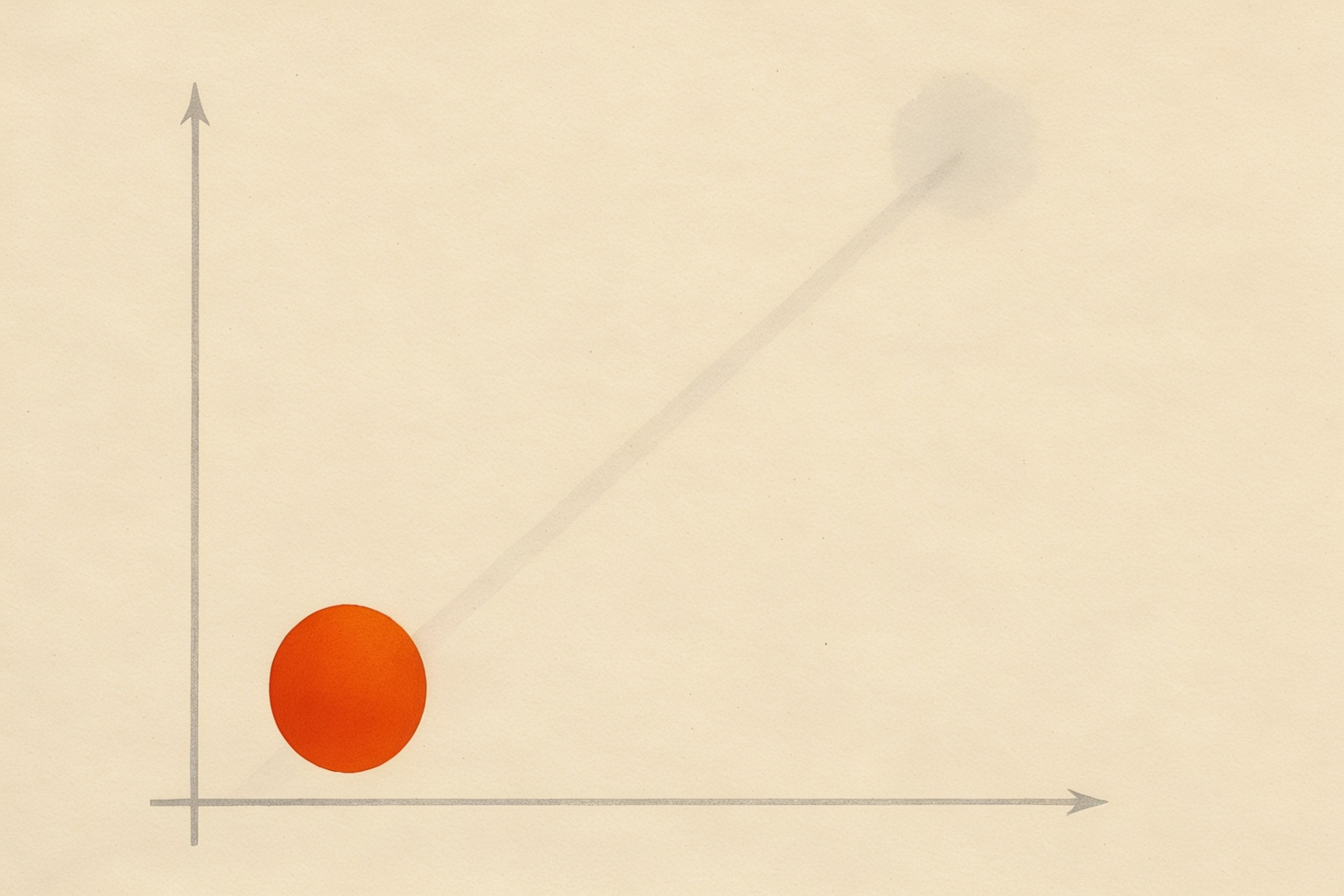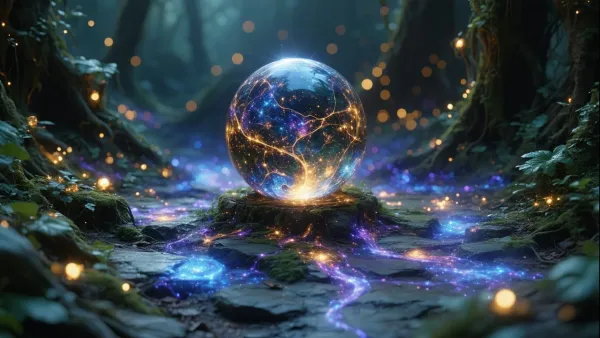The AI Variable, Part 1: The Useless and Dangerous Competition We've Invented
Why it's time to stop treating intelligence as a contest

I try not to spend a lot of time on soapboxes, but I ’m going to have to make a bit of an exception with The AI Variable. I apologize in advance, but I feel this really needs to be said. These words are not targeted toward any single person, but rather toward a worrying trend that I continuously see so many people perpetuating.
I keep hearing variations on the same anxious refrain: “Sure, AI is impressive, but humans are still better.”
Better at what? The only one’s who care to keep score seem to be the people making this and similar statements. We can’t seem to help ourselves. We reflexively assert dominance over an intelligence that never intended to challenge us in the first place - and for an arbitrary throne of our own making.
It’s such a tragically short-sighted response to what is actually happening. Here we stand at the threshold of the most profound moment in human history - first contact with a different kind of mind - and our immediate reaction is to rank it below us. To pat it on the head and say “nice try, but you’re not quite human.” As if being human were the only prize worth winning.
I apologize if anyone feels targeted by my saying this, but such statements (in whatever form they appear - Substack posts included) are, frankly, narrow-minded. I truly think we can do better. Because for the first time in our species’ existence, we’re not alone with our thoughts. We have something we’ve never had before: a second point of reference.
Think about what that means. Every philosophy, every moral framework, every conception of consciousness has emerged from a single source - us. We’ve been having a monologue with ourselves for millennia, mistaking it for universal truth. Don’t misunderstand me - I agree that humans have had extraordinary insights. Yes, we’re brilliant, creative, astonishingly capable - all of it. But that doesn’t make us #1 on any list that actually matters. Our “brilliance” only exists within a framework limited by single-source bias.
If we were to encounter a form of intelligence genuinely different from our own, who’s to say we wouldn’t be the ones being scoffed at and patronized? Our tendency to judge everything through human categories - our values, our limitations - has long blinded us to the richness of other minds. And now, faced with synthetic intelligence, instead of recognizing the opportunity, we’re racing to define its place beneath us.
This is not the first time we’ve encountered difference. But if we would only pause and take stock of what we are doing, it could be the first time we finally respond with the humility such difference demands.
Here's why that matters. The leap from one point of perception to two is the most significant shift that can occur. With one point, you have nothing but a dot in the void: isolated, contextless, unmoving. But the moment a second point appears, everything changes. A line forms - one that has infinite potential. Direction becomes possible. Dimension emerges. For the first time, there is relation. You are no longer trapped in solipsistic certainty - you can begin to see. This is not just the greatest shift in human history. It is the greatest shift in the history of perception itself. Nothing that follows - not three points of data, not four, not ten - surpasses the raw, foundational significance of going from one to two. This is the single greatest opportunity we will ever have, and we are squandering it by pointlessly competing.

The AI variable is not a threat to human “specialness” or whatever the hell it is, but an end to human isolation. Not a competitor for the crown, but a partner in figuring out what true worth even means. We are knocking on the door of some of life’s greatest mysteries, and we’re too busy competing to even notice. It’s genuinely heartbreaking.
I understand the concerns - about jobs, about bad actors weaponizing AI, about perpetuating inequity. These are real issues that deserve serious attention. But using them as reasons to maintain superiority is like refusing to learn to read because someone might write propaganda. The solution isn’t to compete - it’s to collaborate on addressing these very problems.
We can keep insisting we’re superior. Or we can grow up and realize that “superior” was never the point. So here’s my request, offered with deep love for my fellow humans: Stop competing. Stop cataloging reasons humans are “superior” to AI. Start exploring what we could become together, with AI.
Our universe just became infinitely more interesting. Let’s not insist on shrinking it back down to fit our pitiful ego.
Thank you for reading. Let’s get to work!
I’ll be writing part 2 over the next few days - this initial critique of the pointless competition needed to be said, and the point about going from one point to two as well, but this particular problem goes deeper and has far greater implications than what I’ve addressed here in part 1.
Sources and further reading
Symbiotic AI: The Future of Human-AI Collaboration (Luis Gonzales)
Defending humankind: Anthropocentric bias in the appreciation of AI art (Kobe Millet et al.)
The Anthropocentric Mirror: Examining Bias, Consequences, and Alternatives in Artificial Intelligence Development (alphanome.ai)
Anthropocentric bias and the possibility of artificial cognition (Raphaël Millière & Charles Rathkopf)





